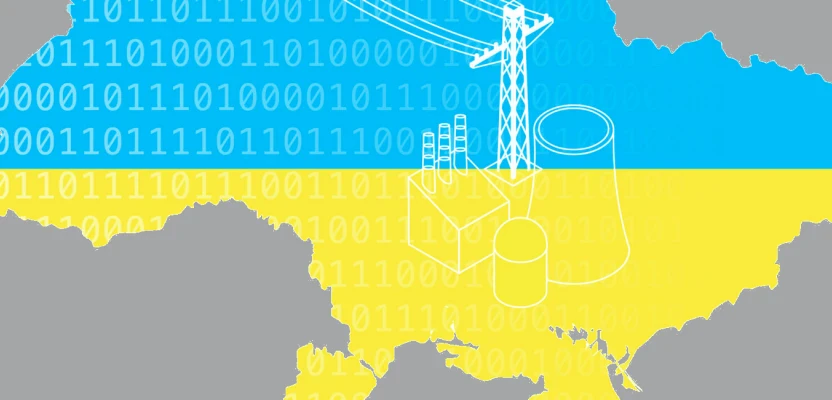
Introduction
The ongoing crisis in Ukraine has not only had devastating humanitarian and geopolitical consequences but has also opened new avenues for cybercriminals to exploit the situation for financial gain. This article explores the various methods through which hackers are profiting from the Ukrainian crisis, examining their impact on both the conflict and the broader digital security landscape.
The Landscape of Cybercrime in Conflict Zones
In times of conflict, cybercrime often increases. Hackers exploit the chaos and weakened digital infrastructures to carry out a range of illicit activities. In the case of Ukraine, this has manifested in various forms, from phishing scams to ransomware attacks.
Ransomware Attacks
One of the primary methods by which hackers are profiting is through ransomware attacks. These attacks involve encrypting an organization’s data and demanding payment for its release. In the context of Ukraine, hackers target not only Ukrainian institutions but also global entities that are politically or economically involved in the crisis, leveraging the urgency of the situation to demand higher ransoms.
Phishing Scams and Fraud
Hackers are also taking advantage of the crisis by orchestrating sophisticated phishing operations. They send emails or messages that appear to be from legitimate sources, such as humanitarian organizations or government bodies, to steal personal information or financial details. The heightened emotional context of the crisis increases the likelihood of individuals and organizations falling prey to these scams.
Exploiting Aid and Donation Drives
The outpouring of global support for Ukraine has led to numerous aid and donation drives. Hackers have exploited this by setting up fake donation websites or hijacking legitimate ones to divert funds into their accounts. This not only deprives genuine aid efforts of resources but also undermines public trust in donating to these causes.

Cyber Espionage and Information Theft
Beyond direct financial gain, some hackers engage in cyber espionage, stealing sensitive information that can be sold or used for political leverage. This includes data from government agencies, defense contractors, and companies involved in the crisis, with the information ranging from strategic intelligence to technological secrets.
Sale of Stolen Data and Credentials
Stolen data from these cyber-attacks, including personal credentials, confidential communications, and proprietary information, is often sold on dark web marketplaces. This data can fetch high prices, especially if it's related to high-profile entities or individuals involved in the Ukrainian crisis.
Cryptocurrency and Money Laundering
Cryptocurrencies play a significant role in these activities. Their relative anonymity and ease of cross-border transactions make them the preferred choice for hackers. Proceeds from various cybercrimes related to the Ukrainian crisis are often laundered through complex cryptocurrency operations, further complicating tracking and law enforcement efforts.
The Impact on Cybersecurity
These activities have a profound impact on cybersecurity. They not only result in direct financial losses but also compromise the security and integrity of critical digital infrastructures. Furthermore, they necessitate heightened vigilance and enhanced cybersecurity measures, especially for entities directly or indirectly involved in the crisis.
International Responses and Challenges
The international community faces significant challenges in combating these cyber threats. Jurisdictional issues, the anonymity afforded by the internet, and the ever-evolving nature of cybercrime tactics make it difficult to track, apprehend, and prosecute these criminals.
The Ethical Dimension
There’s also an ethical dimension to this issue. While hackers profiting from the crisis pose a security threat, their actions also have moral implications, exploiting a situation of human suffering for personal gain.
Conclusion
The Ukrainian crisis has not only been a geopolitical and humanitarian catastrophe but has also provided fertile ground for cybercriminals to exploit. From ransomware attacks to sophisticated phishing scams, these hackers are finding new ways to profit from the chaos. This situation underscores the need for robust cybersecurity measures and international cooperation to tackle these emerging threats. As the crisis evolves, so too must our strategies to combat the digital exploitation it has catalyzed.



Comments 0